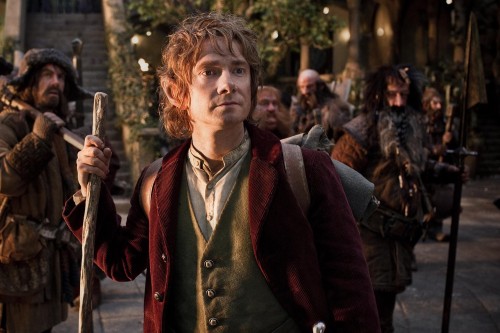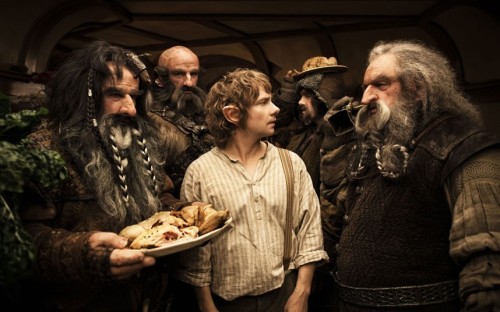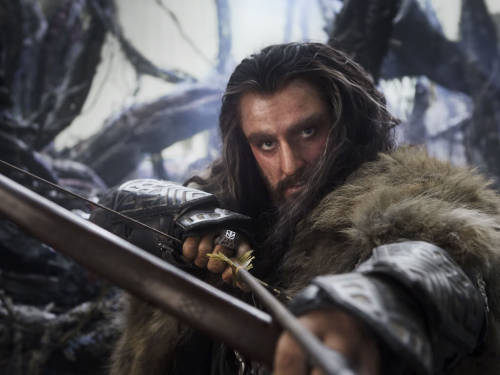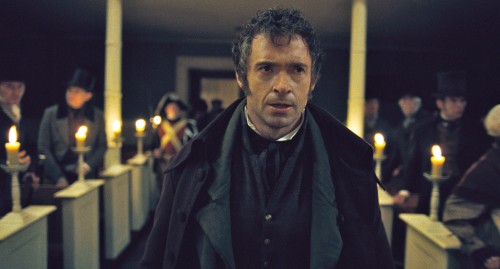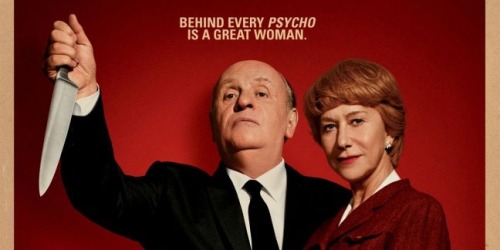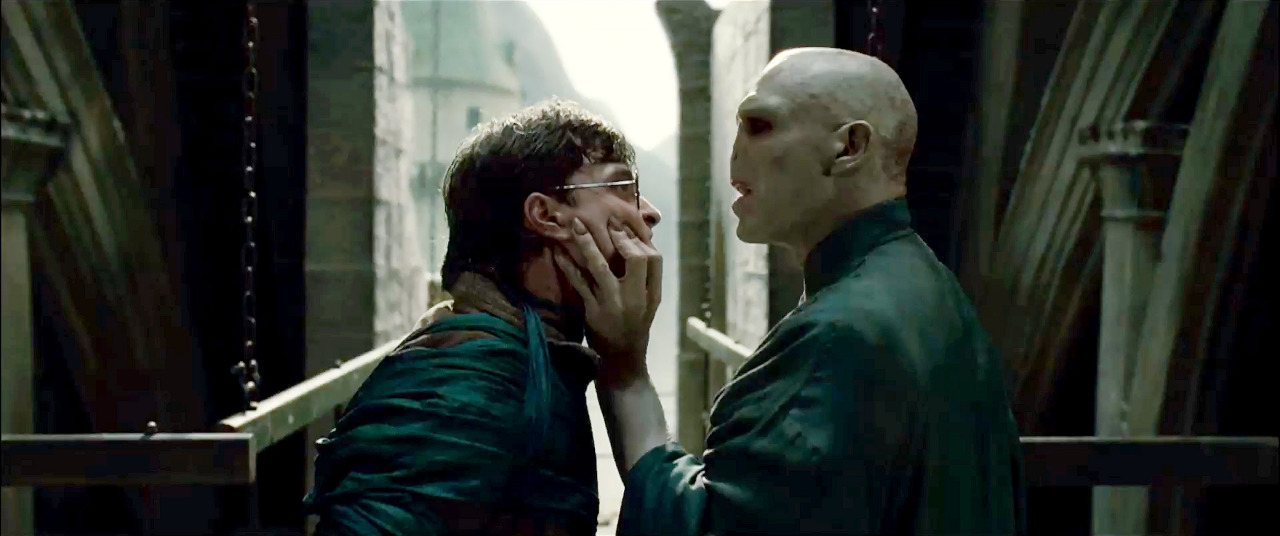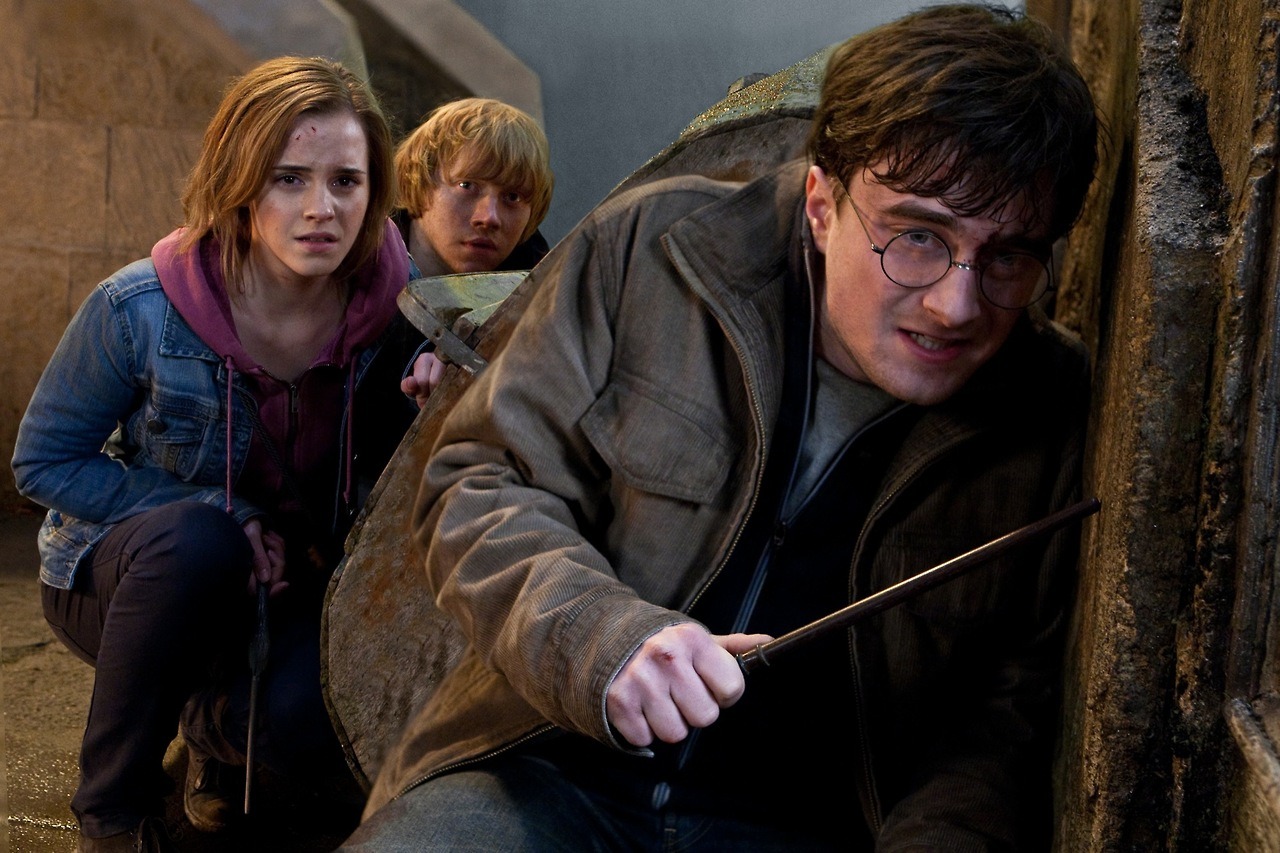Dallas Buyers Club (2013)
86th Academy Awards 2014
4/5 Stars
Nominated for 6 awards, of which it won 3.
Nominated for Best Picture (Robbie Brenner, Rachel Winter), Best Film Editing (John Mac McMurphy, Martin Pensa), and Best Original Screenplay (Craig Borten, Melisa Wallack).
Won Best Actor (Matthew McConaughey), Best Supporting Actor (Jared Leto), and Best Makeup (Adruitha Lee, Robin Matthews).
Watched March 14, 2014.

I have heard a lot of rave reviews of Dallas Buyers Club, many stating that it is a story that needs to be told, but mostly that the acting is out of this world. I was very young during the time period of this film (beginning around 1985 and going into the nineties) and don’t remember anything about the AIDS crisis. I have little to no personal experience with it and therefore it hits me in a less personal way. I am very glad that I watched the documentary How to Survive a Plague before I watched Dallas Buyers Club because this film is more about the characters and a small populace of affected people whereas the documentary had a lot of facts and really represented the numbers and scope of the epidemic well.
Dallas Buyers Club is a character driven film with very few side plots. There are a lot of small rolls and a few big ones, but McConaughey and Leto are, in my opinion and beyond contention, well deserved of their wins at this years’ Oscars. I was on the fence about McConaughey at first but he slowly won me over.
His character, Ron Woodroof, is a genuine cowboy in Texas. An electrician by day and a rodeo cowboy by night, he spends the rest of his time drinking, doing drugs, and sleeping with hookers. He is from the beginning shown as a homophobic southern man who perceives himself as quite the ladies man, but when he lands in the hospital from electrocution he is told that he has HIV and has thirty days to get his affairs in order.
After a disastrous experiment with AZT, the only drug for HIV and AIDS that was undergoing trials at the time, Woodroof runs down to a doctor in Mexico who tells him and his now full-blown AIDS infected self to switch to vitamins and non-toxic medicines. He loses his job and is ostracized by his friends, so as a way to make ends meet he starts selling alternative medicine. In walks Rayon (Jared Leto), a transgender with AIDS who ultimately opens the homosexual market to Ron.
While fighting the FDA and selling medicine, Ron fights for his life, with a little bit of innocent romance on the side. He becomes taken with the only doctor who seems to care about the patients and about AZT’s toxicity–Eve (Jennifer Garner).

In a lot of ways I can understand why this story needs to be told, but more than anything I marvel at the performances of McConaughey and Leto. Both men lost an exorbitant amount of weight to portray the roles well, which in turn affects their performances. The moment when Ron realizes the weight of his condition is truly poetic, which is actually a flaw throughout the whole film. It is more poetic and artistic than raw, which makes the story lose some of its impact. It is complicated to explain, but its editing and general flow of story, as well as its use of flashbacks give some of the plot an ethereal quality that pulled me out of the film.
Leto seems to have a moment every time he is on screen. It is not just the type of character he is portraying, but the way in which he does it. His makeup and costuming certainly lend to the character but Leto inhabits and commands it. From a playful, unabashed personality, to addiction and pure despair, Rayon was generally a very strong character with a smaller role than I expected. He is leaps and bounds above his competition from this years’ nominees and I would watch the film again just to see his performance.
The Dallas Buyers Club is rated R and has a heavy topic with some explicit scenes. Enter into it knowledgeably. If you don’t know anything about the AIDS epidemic you might want to do a little reading before you watch the film because it doesn’t represent the magnitude of the situation that well. Otherwise, of just Leto’s performance alone I would recommend the film.
